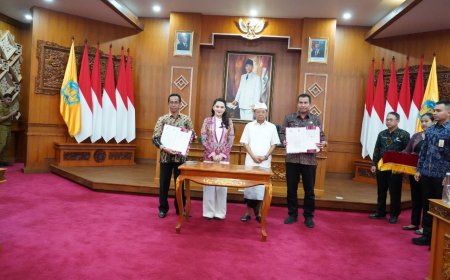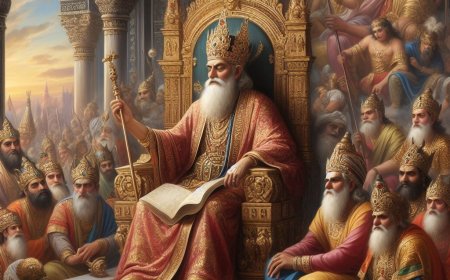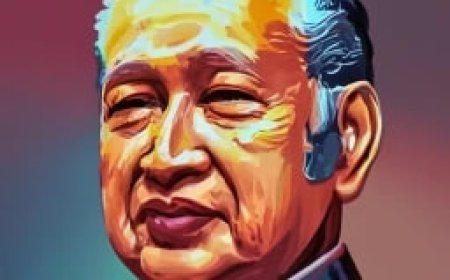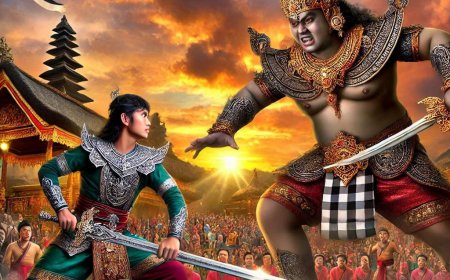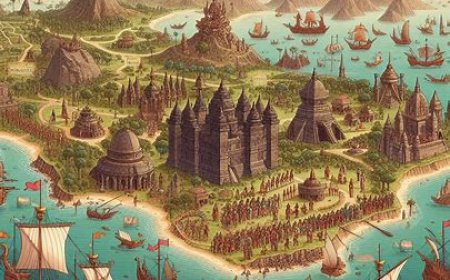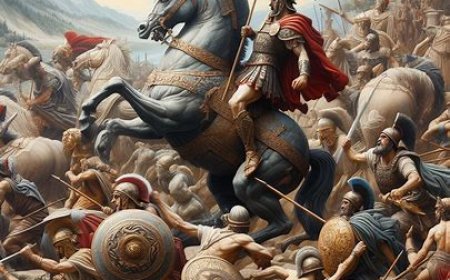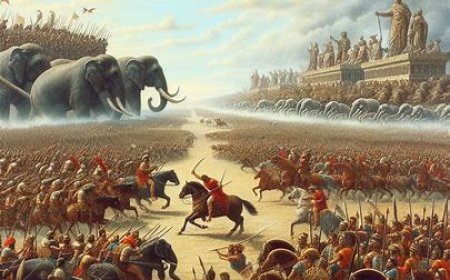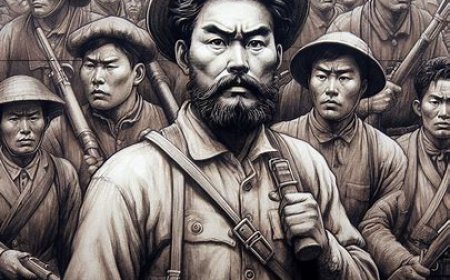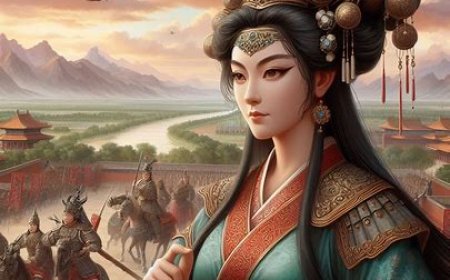Sun of Macedonia: The Rise and Fall of Alexander the Great
Alexander frequently led from the front lines of battle, personally leading charges and displaying remarkable courage. His actions on the battlefield inspired his troops and asserted his authority as a leader.
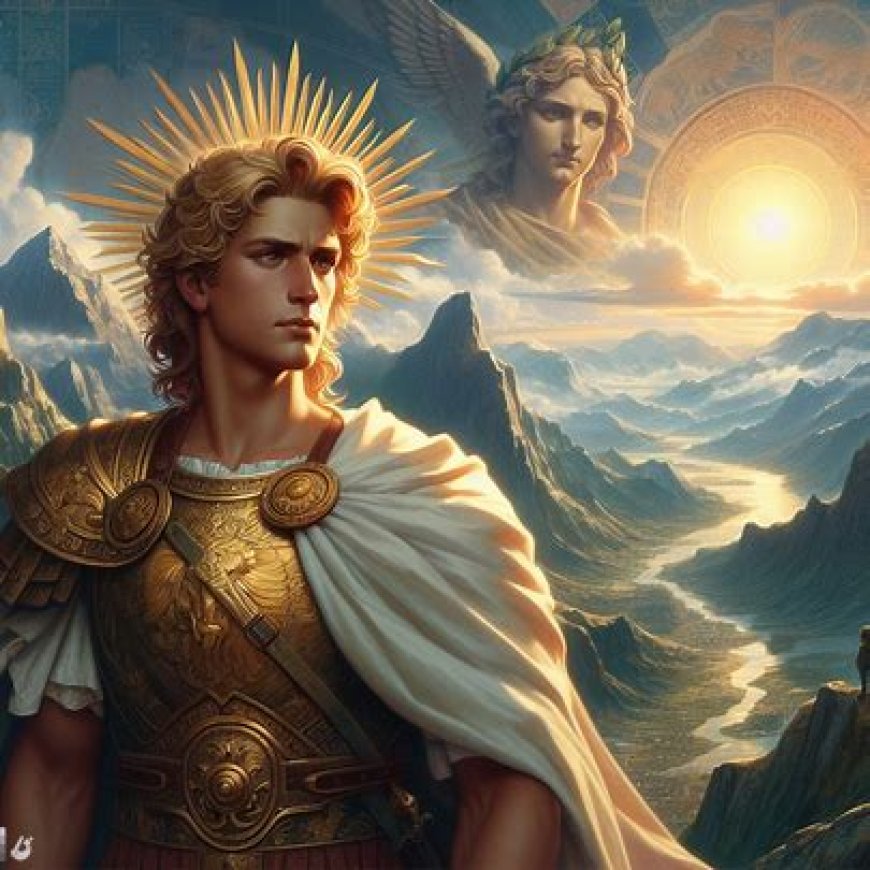
Alexander the Great, born in 356 BC in Pella, the capital of the Kingdom of Macedonia, became one of the greatest military commanders in history. The son of King Philip II and Queen Olympias, Alexander received special education from the renowned philosopher, Aristotle. He ascended to the throne at the age of 20 after his father's death.
Alexander embarked on a military campaign that would change the world. His first campaigns involved battles against northern Macedonian tribes and the conquest of territories in Greece. After ruthlessly conquering the rebellious city of Thebes, Alexander launched a massive expedition into Asia in 334 BC.
In his campaign against the Persian Empire, Alexander won a series of battles, including the Battles of Granicus, Issus, and Gaugamela. In 331 BC, he destroyed the Persian capital, Persepolis. Alexander continued to Egypt, where he founded the city of Alexandria, and then headed eastward to the borders of India.
Despite conquering most of the known world of his time, his troops began to show signs of fatigue, and Alexander eventually agreed to return home. In Babylon, at the age of 32, he died suddenly in 323 BC.
Here are key aspects of Alexander the Great:
1. Brilliant Military Strategy
Alexander was known for brilliant military strategies and innovative tactics. He led his troops with extraordinary courage and speed, often deceiving enemies with unexpected tactical maneuvers.
2. Personal Courage
Alexander frequently led from the front lines of battle, personally leading charges and displaying remarkable courage. His actions on the battlefield inspired his troops and asserted his authority as a leader.
3. Military Reforms
During his reign, Alexander implemented significant reforms in the structure and training of the Macedonian military. He created highly disciplined, well-trained forces capable of swift movement, key to his success in military campaigns.
4. Cultural Influence
Alexander's involvement in various regions brought a deep influence of Greek culture. This era is known as the Hellenistic period, where Greek, Eastern, and Egyptian cultures blended, creating cultural richness and diversity.
5. Personal and Intellectual Life
Despite being a military leader, Alexander also showed interest in intellectual pursuits. He brought scientists, geographers, and philosophers during his military campaigns, contributing to the exchange of knowledge across cultures.
6. Governance and Reorganization
After conquering new territories, Alexander made efforts to blend existing cultures and governance systems with Greek elements. He established several cities known as "Alexandria," becoming centers of trade, culture, and administration in the Hellenistic world.
7. Respect for Local Cultures
While introducing Greek cultural elements, Alexander also showed respect for local cultures, often adopting practices and beliefs from the societies he conquered.
8. Success and Empire Division
After his death, his empire was divided among his generals, known as the "Diadochi." This division led to a period filled with tension and conflicts among his successors.
Alexander the Great's legacy extends beyond military aspects, shaping the complex historical, political, and cultural developments in various parts of the world. His legacy includes the formation of the vast Alexander Empire and the spread of Greek culture, known as the Hellenistic period. Despite his short life, his influence remains strong in history, shaping military thinking for generations to come.
(source: chatgpt)
What's Your Reaction?








